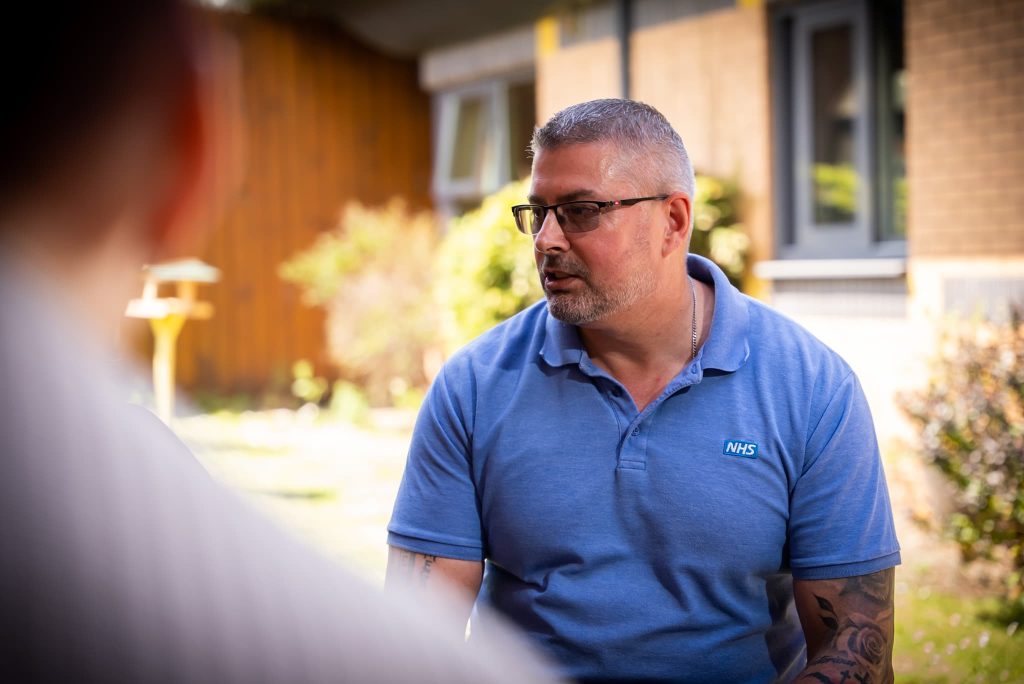Autism is a lifelong developmental disability which affects how people communicate and interact with the world. More than one in 100 people are on the autism spectrum and there are around 700,000 autistic adults and children in the UK. Autism is a spectrum condition and affects people in different ways, like all people autistic people have their own strengths and weakness, difficulties such as social communication and social interaction challenges, repetitive and restrictive behavior, over-or under sensitivity to light, sound, touch or taste, meltdowns/shutdown, extreme anxiety, and highly focused hobbies or interests. (National Autism Society)
Autism is different for everyone some autistic people need little or no support, others may need help daily, being autistic does not mean you have an illness or disease, it means your brain works in a different way from other people, an individual with autism, will have autism their whole life, autism is not a medical condition with treatments or a ‘cure’, it’s a case of people needing support to help them with certain things. (NHS)
There are lots of myths and stereotypes about autism. These can be very unhelpful, listed below are a few myths and facts, there is more information on the below link.
Myths
- Autism is a Learning Disability
- Autism is a male condition
- All autistic people have special abilities.
- Everyone is a little bit autistic
- Autistic people cant live independently
Facts
- Autism cannot be cured
- Many autistic people like routine
- Autistic people stim in many different ways.
- Mental Health conditions are more common in autistic people
- Autistic people have different sensory needs
(Ambitious about autism)
If you think you or your child have signs of autism, you can either speak to:
- a GP
- any other health professional you or child may see.
- Special educational needs coordinator (SENCO) staff at child’s school.
- You can speak to them about your concerns and ask about referring you or your child for an autism assessment.
Here at Birmingham and Solihull Mental Health Foundation trust, if we are approached or a health professional suspects a service user may require an autism assessment, the initial process would be to complete the Autism Questionnaire AQ50 and AQ10 are used, depending on the scores, AQ50 a score of 32 or over and if AQ10 a score of 6 is required in order for the health professional to complete the referral to St Andrews Healthcare community partnership service.
The referral criteria is:
- Aged 16+ in Birmingham and 18+ in Solihull
- Registered to a GP in Birmingham or Solihull as defined by BSol criteria.
- AQ10 score of 6 or above. Referrals below this score will not be processed.
- Features are indicative of autism spectrum disorder in accordance with the ICD-11 criteria
- Characteristics of ASD or concerns have been present from childhood.
- No existing diagnosis of significant learning disability
Getting a diagnosis can help you:
- Understand why you might find some things harder than other people.
- Explain to others why you see and feel the world in a different way.
- Get support at college, university or work.
Getting an autism assessment can be a lengthy process, therefore waiting times can be long, we encourage people to attend their assessment once received, and if unable to attend, to reschedule, so the appointment can be reallocated.
Please see below forms and online AQ




